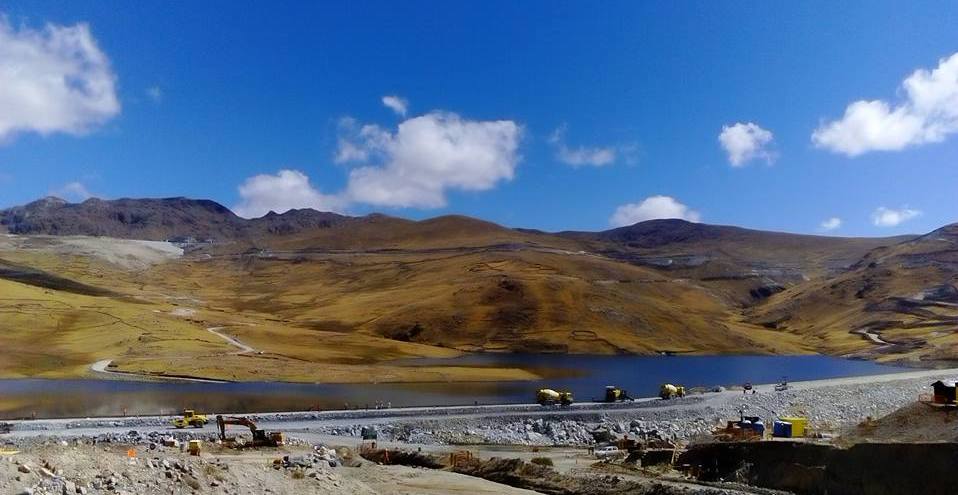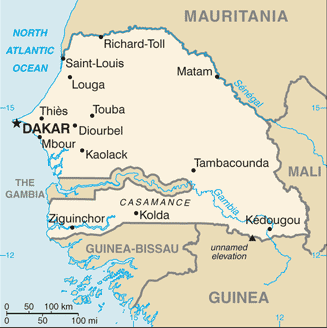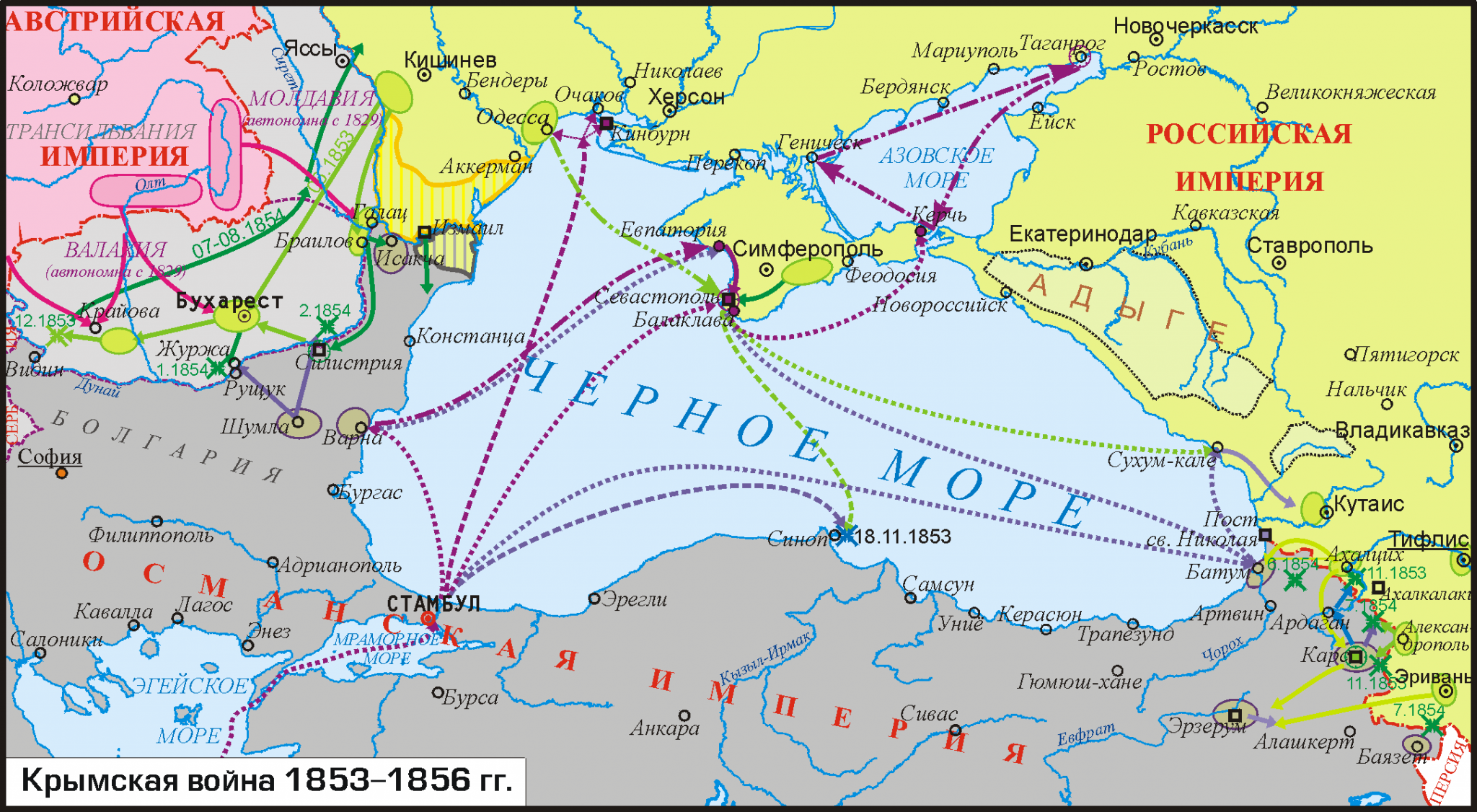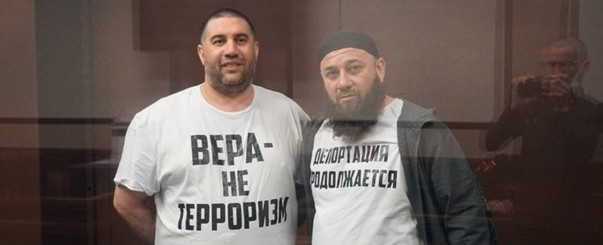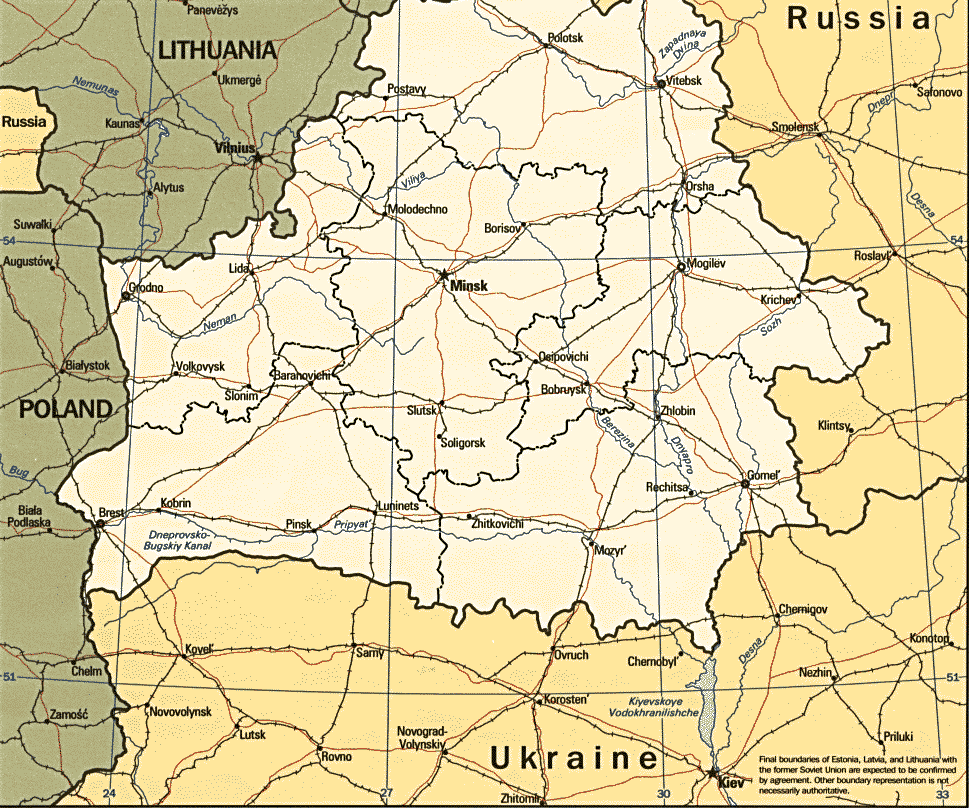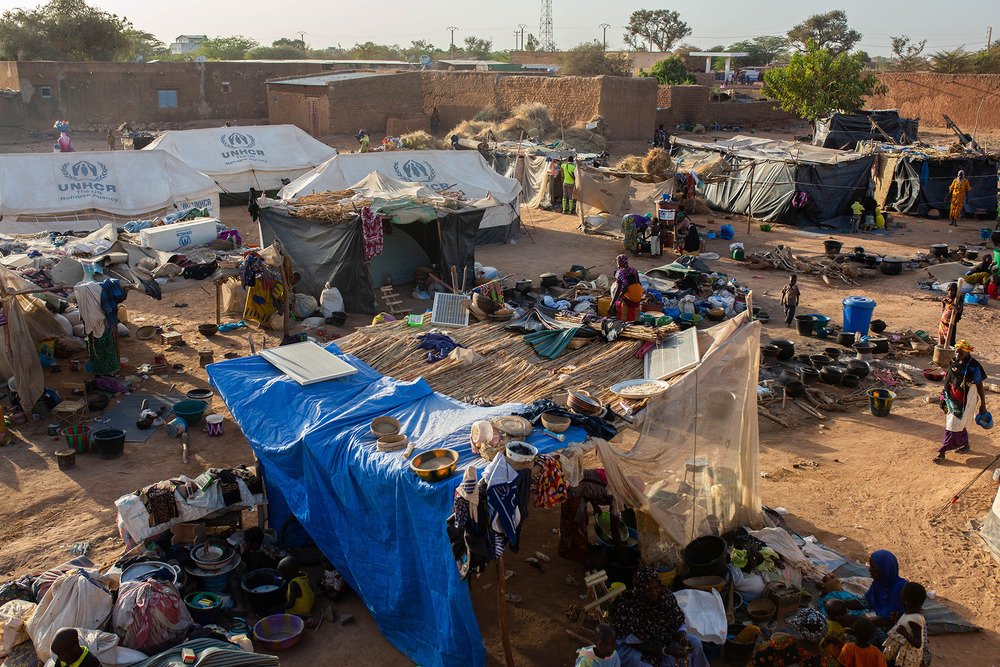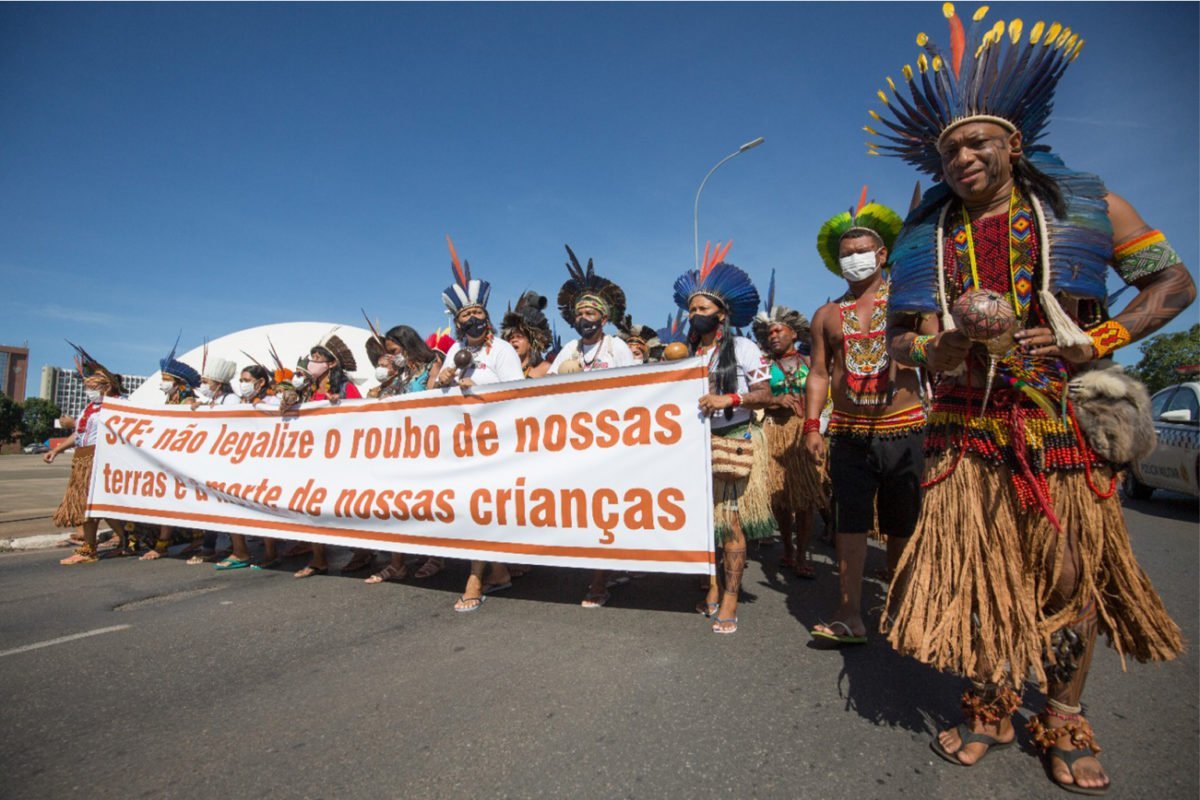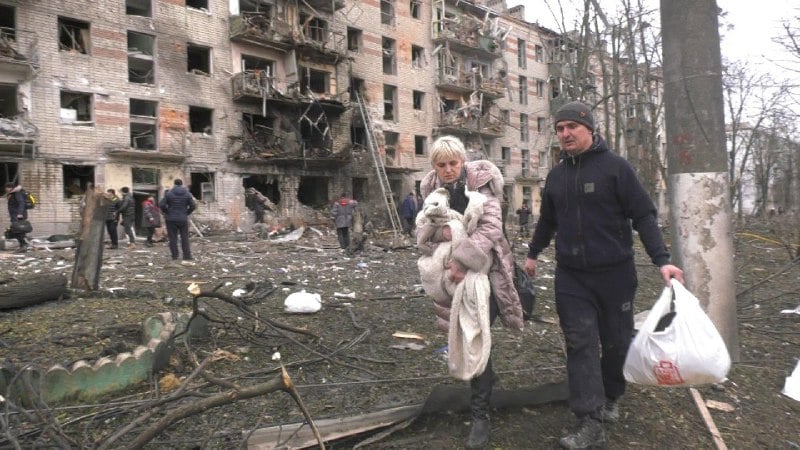
Ukraine: hundreds of Russian war crimes reported
Rights organizations and monitors in Ukraine are collecting evidence of Russian war crimes to turn over to the International Criminal Court (ICC), and say they have documented hundreds of atrocities. Gyunguz Mamedov, the former head of the “War Department” in the Ukrainian Prosecutor General’s office, which was formed after the eruption of the Donbas conflict in 2014, reported that the coalition Ukraine5AM has documented 388 war crimes committed by Russian armed forces in Ukraine. The coalition is made up of 23 human rights organizations and scores of independent investigators. Mamedov mentioned the shelling of civilian buildings and intentonal targeting of civilians; attacks on hospitals and medical staff; as well as abductions of officials and other civilians. (Photo: Kharkiv Human Rights Protection Group)




